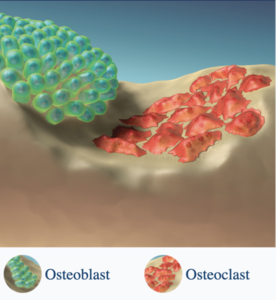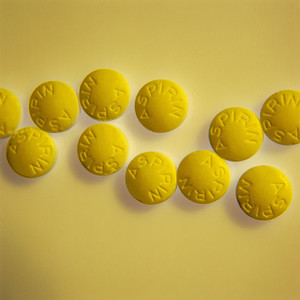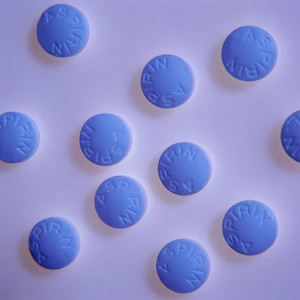With the eighth round of negotiations of the Trans-Pacific Partnership (TPP) agreement underway in Chicago, USA, on 12 September 2011 Democrat senators were split on the inclusion of intellectual property provisions that are consistent with US biologicals exclusivity standards, i.e. 12 years of data exclusivity.
The TTP is a multilateral free trade agreement currently being negotiated by Australia, Brunei, Chile, Malaysia, New Zealand, Peru, Singapore, the US and Vietnam.
While many ‘stress the importance of proposing a high standard of intellectual property rights for biologicals, which is consistent with the 12 years of exclusivity under US law’ others ‘strongly recommend’ that President Barack Obama seeks to exclude the 12-year data exclusivity period provided by the biosimilar approval pathway of the Patient Protection and Affordable Care Act from the intellectual property provisions of the TPP agreement.
The US Government sought to allay concerns that the US push for stronger drug patent protection in the Transpacific trade deal would raise the cost of life-saving treatments out of the reach of the region’s poor. The US Government is trying to deploy trade policy tools to help reduce potential barriers to access to medicines, while also supporting innovation and the development of new medicines by the US pharmaceutical and other health industries.
US negotiators are proposing a ‘TPP access window’ to promote availability of innovative life-saving and life-enhancing medicines and to set up a pathway for generic versions to enter those markets as quickly as possible. This would be done by linking a country’s obligations to apply certain pharmaceutical-specific intellectual property protections to a requirement that innovators bring medicines to TPP markets within an agreed window of time.
Their supporters say US proposals will help generic drug manufacturers by providing ‘patent exceptions and incentives for generic medicines, while maintaining a balance of intellectual protection for innovators’. The White House naturally hopes that the landmark trade deal will help create jobs.
However, Ms Judit Rius Sanjuan, US Manager of the Doctors Without Borders campaign for access to essential medicines, said the paper failed to acknowledge intellectual property protections are the main barrier to ensuring access to affordable life-saving medicines.
The US Generic Pharmaceutical Association (GPhA) has also expressed its concerns over the TPP negotiations. The GPhA believes that efforts to include provisions, such as the 12-year exclusivity for biologicals, in the TPP agreement would hinder competition and access to generic medicines [1].
What happens next?
After the round of negotiations for the TPP agreement in Chicago concludes, TPP members are scheduled to meet in Peru in October 2011. The nine countries have set a goal of reaching the outlines of an agreement by November 2011.
Editor’s Comment
The US certainly needs to sort out this issue of the exclusivity period for biologicals soon. It has far-reaching consequences, affecting not only biosimilars in the US, but also their trade with other countries/regions.
Please feel free to share your thoughts via email to editorial@gabionline.net or in the comments section below. What are your views on the period of exclusivity originator biologicals in the US should be allowed? How do you think this will affect the biosimilars industry?
Related article
More debate over the exclusivity period for biological in the US
Reference
1. GaBI Online - Generics and Biosimilars Initiative. Caution over IP provisions for biologicals in TPP [www.gabionline.net]. Mol, Belgium: Pro Pharma Communications International; [cited 2011 September 23]. Available from: www.gabionline.net/Biosimilars/News/Caution-over-IP-provisions-for-biologicals-in-TPP








 0
0











Post your comment